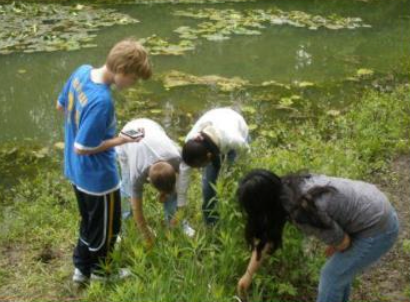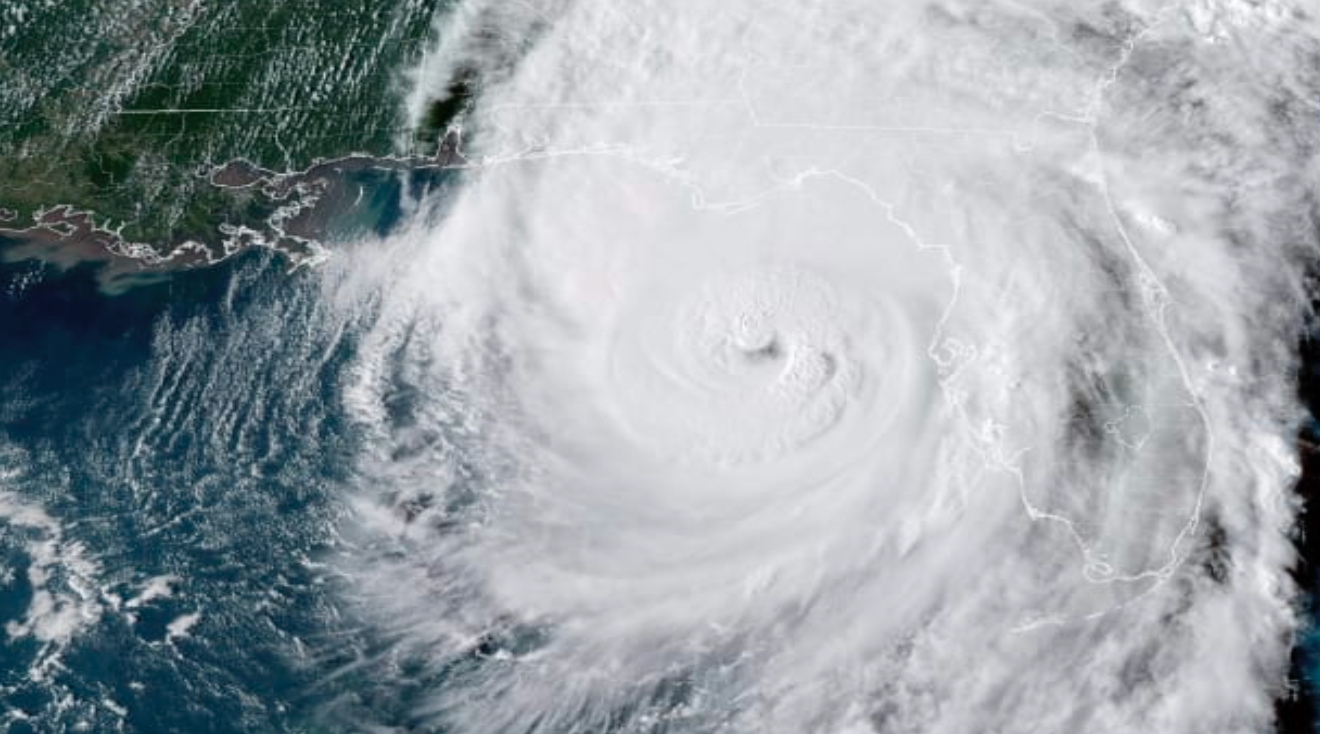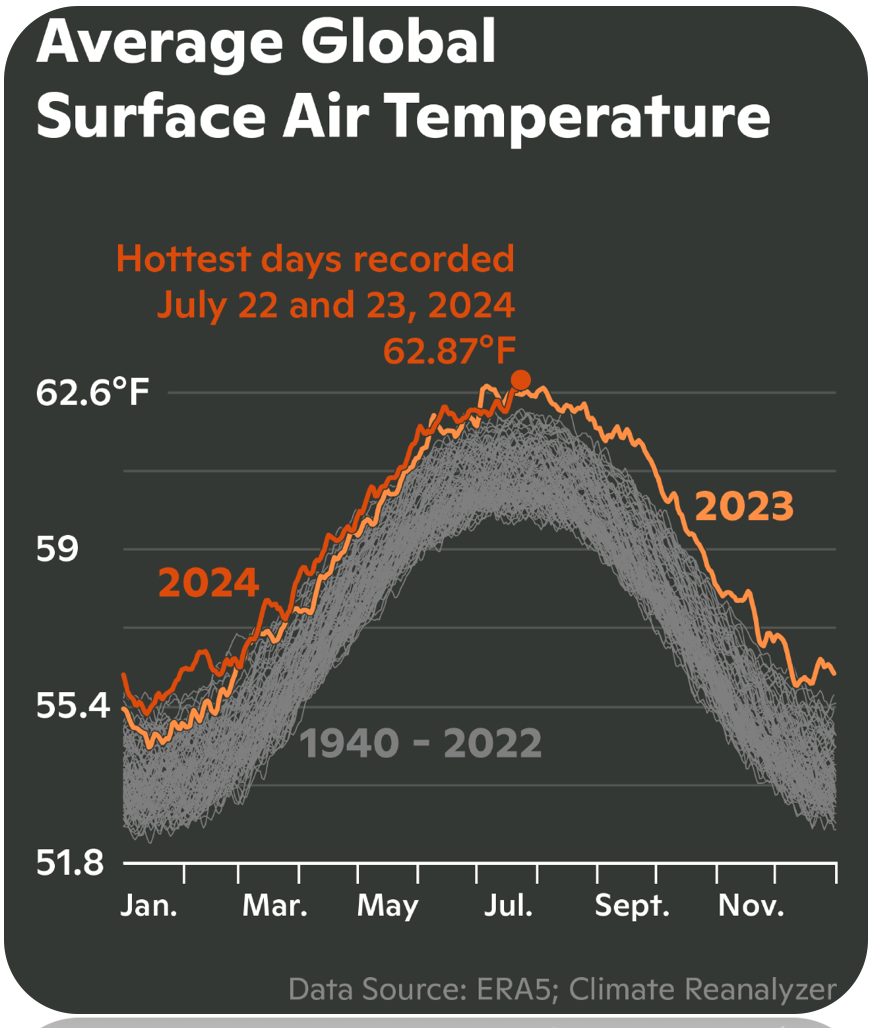December 21, 2024
Environmental science is an interdisciplinary academic field that integrates physics, biology, meteorology, mathematics and geography (including ecology, chemistry, botany, zoology, mineralogy oceanography, limnology, soil science, geology and physical geography, and atmospheric science) to the study of the environment, and the solution of environmental problems. Environmental science emerged from the fields of natural history and medicine during the Enlightenment.[1] Today it provides an integrated, quantitative, and interdisciplinary approach to the study of environmental systems. Environmental studies incorporates more of the social sciences for understanding human relationships, perceptions and policies towards the environment. Environmental engineering focuses on design and technology for improving environmental quality in every aspect Environmental scientists seek to understand the earth's physical, chemical, biological, and geological processes, and to use that knowledge to understand how issues such as alternative energy systems, pollution control and mitigation, natural resource management, and the effects of global warming and climate change influence and affect the natural systems and processes of earth. Environmental issues almost always include an interaction of physical, chemical, and biological processes. Environmental scientists bring a systems approach to the analysis of environmental problems. Key elements of an effective environmental scientist include the ability to relate space and time relationships as well as quantitative analysis. Environmental science came alive as a substantive, active field of scientific investigation in the 1960s and 1970s driven by (a) the need for a multi-disciplinary approach to analyze complex environmental problems, (b) the arrival of substantive environmental laws requiring specific environmental protocols of investigation and (c) the growing public awareness of a need for action in addressing environmental problems. Events that spurred this development included the publication of Rachel Carson's landmark environmental book Silent Spring[3] along with major environmental issues becoming very public, such as the 1969 Santa Barbara oil spill, and the Cuyahoga River of Cleveland, Ohio, "catching fire" (also in 1969), and helped increase the visibility of environmental issues and create this new field of study. In today's world, environmental science plays a crucial role in assessing the impact of human activities on the environment, developing sustainable solutions to mitigate these impacts, and guiding policy decisions to protect natural resources and ecosystems, often integrating various scientific fields like chemistry, biology, physics, and geography to understand and address environmental challenges. Key aspects of environmental science today include: Climate Change Focus: A major area of research is modeling the effects of climate change and finding ways to minimize its impacts, including studying changes in weather patterns, rising sea levels, and ecosystem disruptions. Pollution Management: Identifying and controlling sources of air, water, and soil pollution, including developing strategies to clean up contaminated sites. Biodiversity Conservation: Studying and protecting biodiversity by analyzing the impacts of human activities on different species and ecosystems. Sustainable Resource Management : Finding ways to use natural resources responsibly and efficiently to minimize environmental damage. Environmental Impact Assessment: Evaluating the potential environmental effects of development projects before they are implemented. Policy Advocacy: Providing scientific evidence to inform environmental regulations and policies at local, national, and international levels. Some key roles of environmental scientists today: Research and Data Analysis: Collecting and analyzing environmental data to understand current conditions and identify trends. Environmental Consulting: Advising businesses and organizations on how to reduce their environmental impact and comply with regulations. Public Outreach and Education: Communicating environmental issues to the public to raise awareness and promote sustainable practices. Restoration Ecology: Developing strategies to restore degraded ecosystems.






